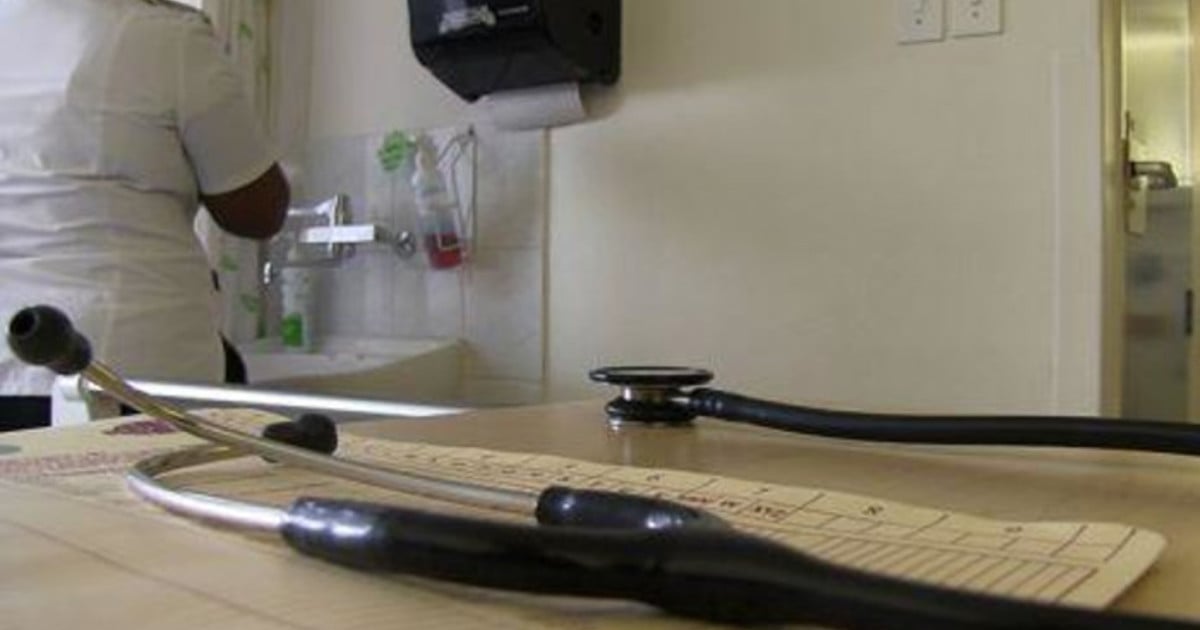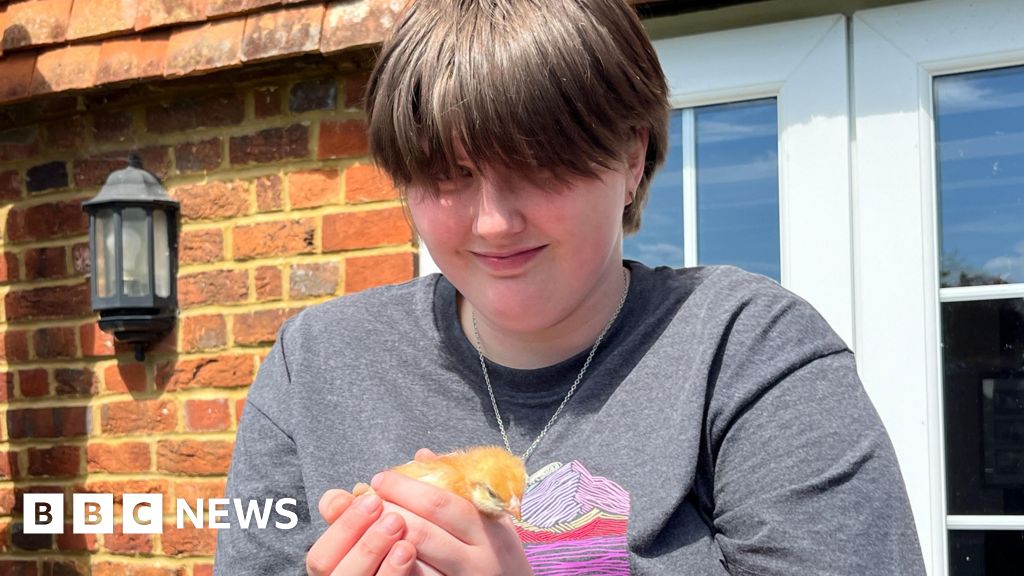Trump's Aid Cuts Cripple South Africa's HIV Fight: 8,000 Health Workers Lose Jobs

Alarm bells are ringing in South Africa as the repercussions of former President Trump's drastic aid cuts continue to unfold. A staggering 8,000 health workers dedicated to the nation’s vital HIV program have lost their jobs, a direct consequence of the dismantling of U.S. foreign aid initiatives under the previous administration. This setback poses a significant threat to South Africa’s ongoing efforts to combat the HIV epidemic, which remains a major public health challenge.
South Africa, bearing the brunt of the global HIV crisis, has made considerable progress in recent years through robust prevention and treatment programs. These programs have relied heavily on international support, particularly from the United States through the U.S. Agency for International Development (USAID). The Trump administration’s decision to drastically reduce funding for USAID, and specifically for programs tackling HIV/AIDS, has had a devastating impact.
The loss of 8,000 health workers is not merely a statistic; it represents a critical blow to the capacity of South Africa’s healthcare system. These individuals are on the front lines, providing essential services such as HIV testing, counseling, treatment adherence support, and outreach to vulnerable populations. Their absence will inevitably lead to disruptions in care, reduced testing rates, and potentially a resurgence of the epidemic.
“This is a catastrophic loss for our HIV program,” stated a spokesperson for the South African National Department of Health. “These health workers are the backbone of our efforts to reach those most at risk and ensure that people living with HIV receive the support they need to stay healthy. We are deeply concerned about the consequences of this funding cut.”
The impact extends beyond the immediate loss of jobs. The cuts have also hampered crucial research initiatives and community-based programs that play a vital role in preventing new infections and supporting individuals living with HIV. The ripple effect will be felt across the country, particularly in marginalized communities that rely on these services.
While the Biden administration has signaled a commitment to restoring U.S. foreign aid and re-engaging with international health partnerships, the damage has already been done. South Africa is now scrambling to find alternative funding sources and mitigate the impact of these cuts. However, replacing the significant financial support previously provided by the U.S. will be a monumental task.
The situation serves as a stark reminder of the fragility of global health programs and the importance of sustained, predictable funding. The HIV epidemic is far from over, and setbacks like this threaten to undo years of progress. South Africa’s experience underscores the urgent need for renewed international cooperation and a commitment to investing in global health security.
Moving forward, South Africa will need to leverage domestic resources, seek support from other international partners, and explore innovative financing mechanisms to sustain its HIV program. The challenge is immense, but the stakes are too high to fail. The health and well-being of millions of South Africans, and the global fight against HIV/AIDS, depend on it.





